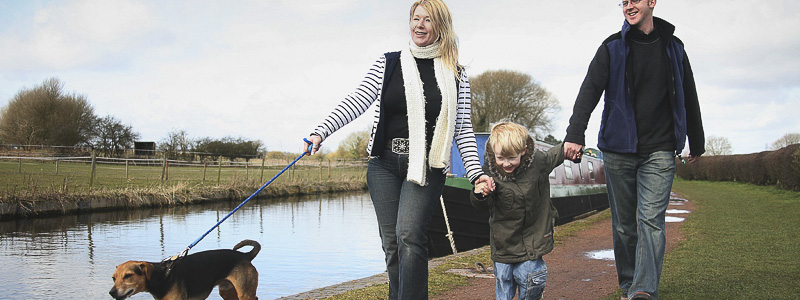The SPACES study (Studying Physical Activity in Children’s Environments across Scotland) is a large accelerometry and Global Positioning Systems (GPS) data collection involving 10-11 year old children from across Scotland. GPS technology has advanced significantly over the last 10 years, and this presentation will identify how it can be used successfully to measure outdoor recreation, whilst simultaneously identifying some of the challenges associated with its use.
The relationship between place and health is well established. GPS technology allows us to advance our understanding of outdoor recreation by strengthening the measurement of ‘actual’ exposure to our local and wider environments. As such, we are now able to understand – more precisely – how people move through space, and subsequently experience place (e.g. natural land, greenspace, parks, and playgrounds); opening up a fascinating array of opportunities for those in research, policy, and practice. However, the utility of GPS is not without its issues and problems. From data management and processing, practical/logistical and ethical considerations, this presentation will also speak to a number of observed examples that may, if not addressed, impact the quality and the usability of collected data.
